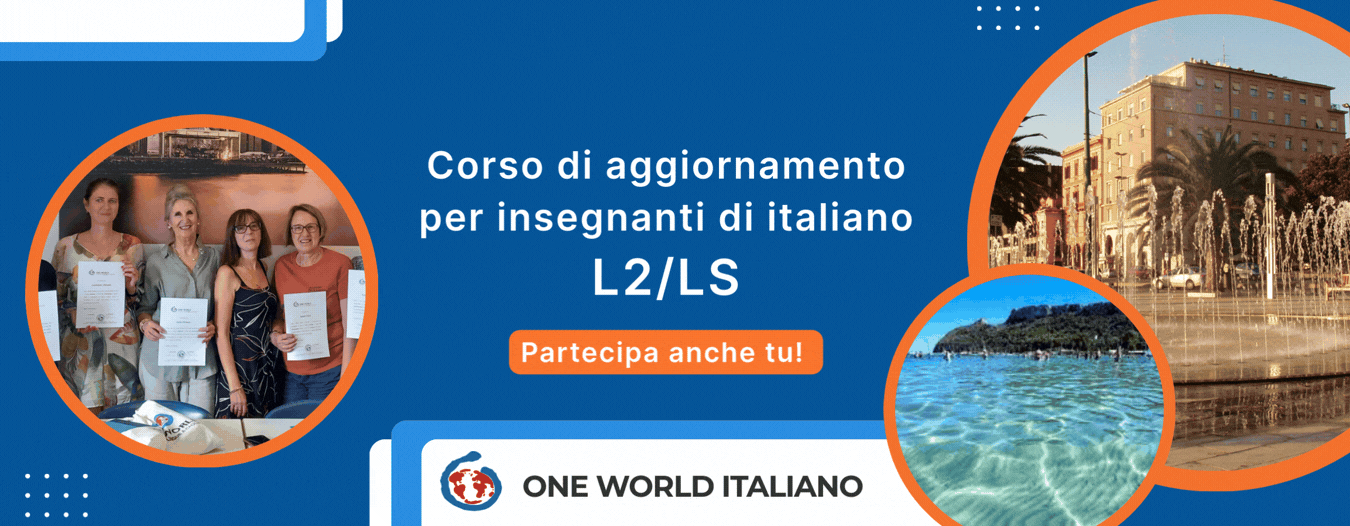S’accabbadora
La “accabadora“, in italiano “colei che finisce”, è una figura molto discussa nell’ambito delle tradizioni popolari. Secondo alcuni antropologi e studiosi di tradizioni popolari, l’accabadora era una donna che, nei piccoli centri di alcune zone della Sardegna (in particolare in Marghine, in Planargia e in Gallura), veniva chiamata dai familiari dei malati terminali per mettere fine alle loro sofferenze. Sempre secondo gli assertori dell’esistenza dell’accabadora, gli […]
Read more


